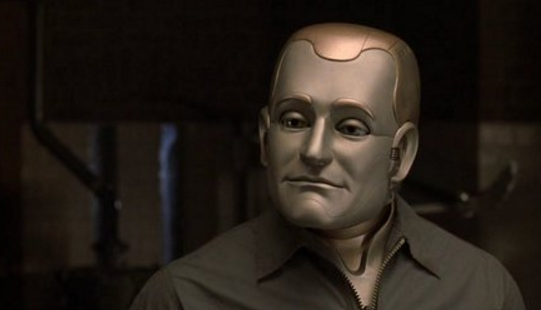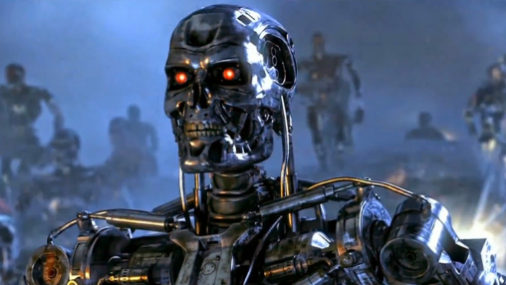For many of us, Isaac Asimov is a prophet. In 1942 he postulated in his story Runaround, the Three Laws of Robotics, which robots would have to learn to keep us safe.
- A robot should not hurt a human
- A robot must obey the orders given by a human, except if these orders conflict with the First Law
- A robot must protect its own existence, so far as this protection does not conflict with the First or Second Law.

Human have based their development as the dominant species of the earth in their rational intelligence, which is the only characteristic that differentiates us with the rest of the species. With the use of this intelligence, the human has studied, observed and experimented with all the elements at his disposal until he can create plausible scientific models that explain how our outer and inner world is.
The Singularity
The technological singularity is a hypothesis that suggests that thanks to the accelerated speed with which the technology progresses, will cause that the artificial intelligence sooner or later exceeds the intellectual capacity of the humans and therefore the control that we have on her. In this way, the technological singularity is based on the idea that human scientific and technological development is not linear, but exponential. For this reason, every discovery made by man has opened the door to further discoveries.
An incredibly interesting and rather frightening idea in turn is that the singularity will change civilization forever or end with it.

Moore's Law
Gordon Moore postulated in 1965 this empirical law that has managed to anticipate the pattern of microprocessor behavior, indicating that every 18 months or so the number of transistors in an integrated circuit doubles and its cost is reduced. There is no doubt that Moore's law has been fulfilled for more than half a century, and to continue to do so, technological progress would be "infinite."
This process is now much faster than in times past by the point of the exponential curve in which we do not find, and it is intuitively perceptible: the amount of astonishing discoveries that we see in a few years is much superior to a few centuries ago. Consequently, the fact that technology is advancing at this rate without stopping has made many wonder what will happen when this accelerated growth affects the artificial intelligence of machines that are already capable of so many things?

University of singularity
Since 2009, Google and NASA have been promoting the University of Singularity. A private academic institution that seeks to gather, educate and inspire a group of people who strive to understand and facilitate the exponential development of technologies and promote, apply, and guide these tools to solve the great challenges of humanity. Certainly we are talking about changing the world in plots as diverse as education, human immortality or the search for new ways to obtain food and water to supply all of humanity.
I want to share a very interesting article as an add-on to my post and what inspired me to research more about this topic that is becoming a real fact.